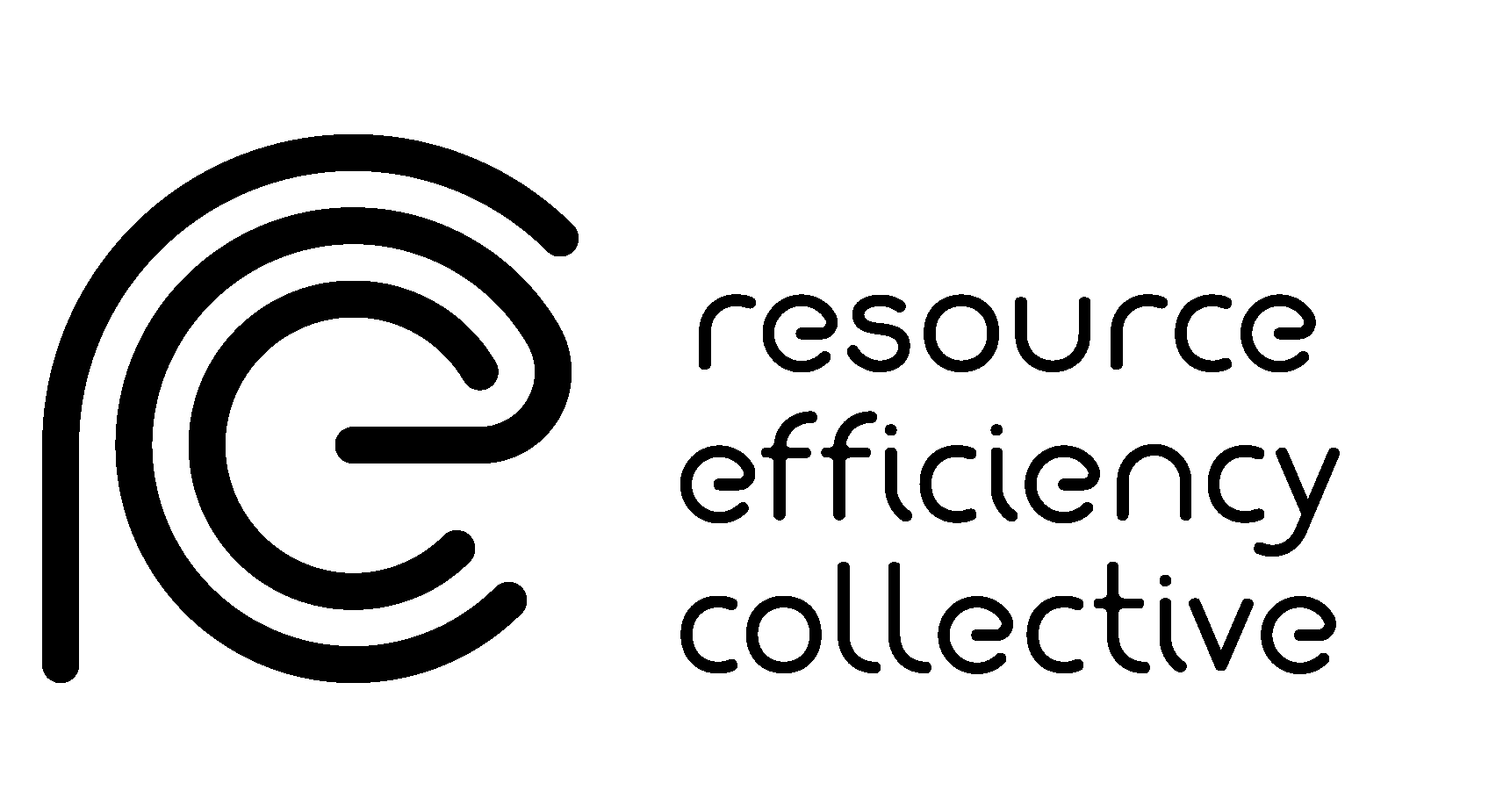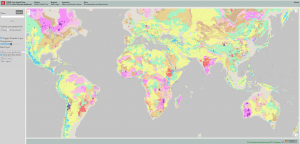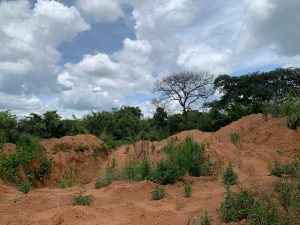A corridors and power-oriented perspective on energy-service demand and needs satisfaction
The concept of consumption corridors defines a space in which a good life for all, living now and in the future, is possible within planetary boundaries (Di Giulio and Fuchs 2014; Fuchs 2020). How does energy use relate to this concept? On one hand, we all use energy services to satisfy needs, in terms of subsistence, protection against heat or cold, or participation in society (Brand-Correa and Steinberger 2017).
On the other hand, contemporary global energy demand and ensuing carbon emissions are the major cause of climate change (IPCC 2018) and thereby a significant contributor to biodiversity loss, among other problems (IPBES 2019), breaching the biophysical limits of the Earth system and putting the near future of human wellbeing (if not civilization) at risk.
If considered from the perspective of energy services, the concept of consumption corridors suggests the need to jointly pursue the objectives of satisfying human needs and reducing demand for energy resources. In other words, staying within consumption corridors requires the low energy-demand satisfaction of human needs.
This article pursues the question of how a reduction of energy demand could be possible while enhancing human wellbeing, drawing on three conceptual lenses. Our basic premise is that the energy required to satisfy human needs can and should be understood, measured, and reduced as a basis for devising guidance for action and policy (Lamb and Steinberger 2017).
We therefore choose, as our analytic starting point, a distinction between energy provisioning and need satisfaction. We use this differentiation to inform the discussion on consumption corridors. We find that the minimum consumption level may be best approached from the perspective of access to relevant needs satisfiers, whereas the maximum consumption level is necessary to reduce the totality of energy demand below the biophysical limits of the Earth system.
In a next step, we focus on questions of power relations. We inquire into the implications of power asymmetries in society as well as possibilities to change satisfiers and services over time. This exploration enables us to suggest conditions for fostering or hindering climate-change mitigation and eco-social policy agendas and sustainability transitions more broadly.
Read the full paper by Doris Fuchs, Julia Steinberger, Elke Pirgmaier, William Lamb, Lina Brand-Correa, Giulio Mattioli & Jonathan Cullen in Sustainability: Science, Practice and Policy here
Photo credit: NASA













